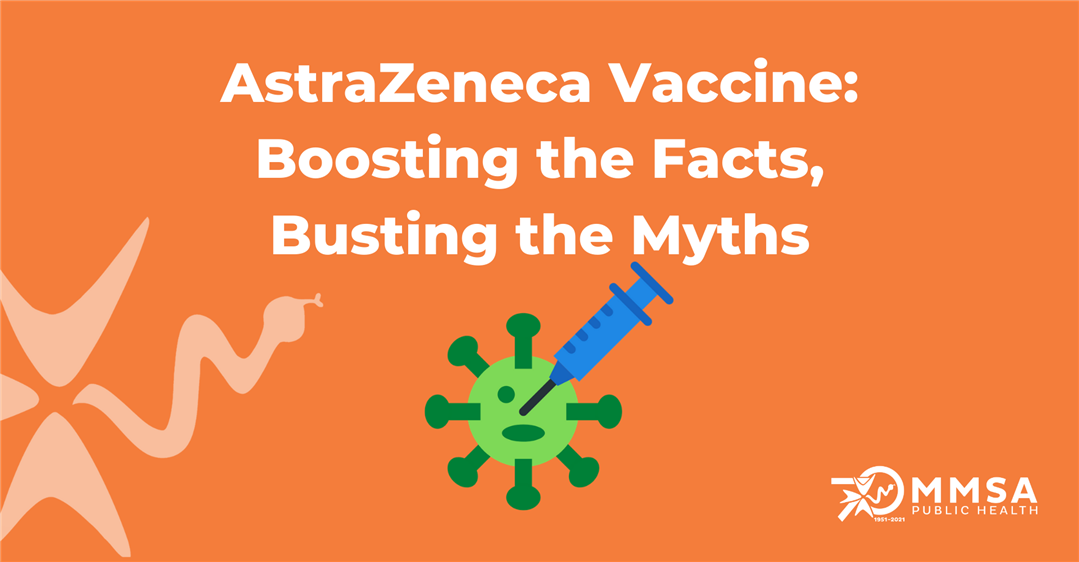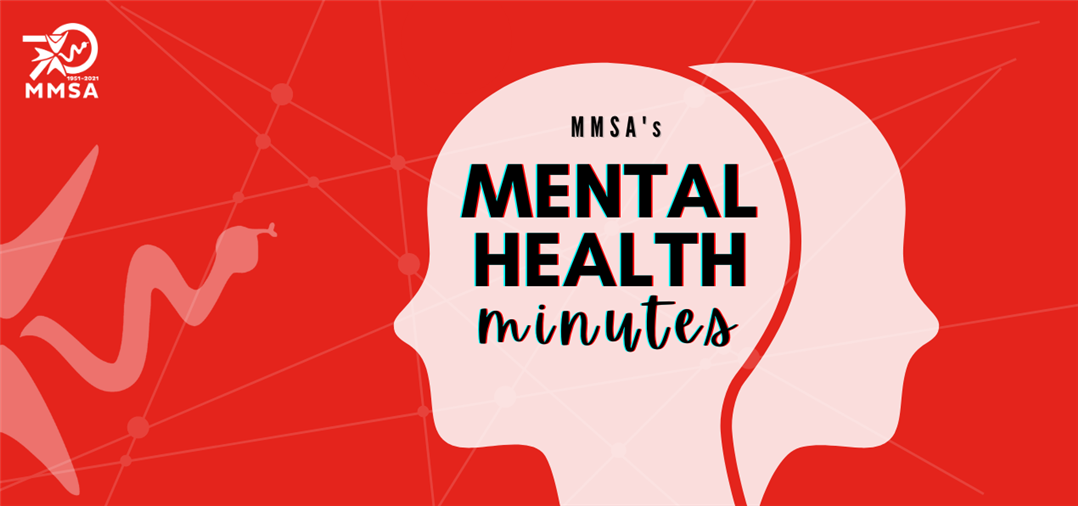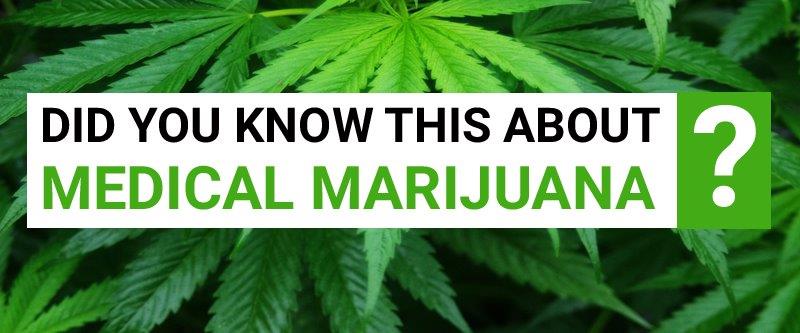Author: Elizabeth Grech, MD 3, MMSA - Public Health, Communicable Diseases Coordinator
Reviewed by Dr Charles Mallia Azzopardi
ISSUE:
Around 13 countries in Europe have temporarily paused administration of the AstraZeneca COVID-19 vaccine due to reports of blood clots which have occurred in people who have received the vaccine.1
FACTS:
Every year, 1 in 1000 adults will experience a venous thrombosis (blood clot) resulting from various possible causes.2 Up until the 8th March 2021, AstraZeneca had received reports of 15 events of deep vein thrombosis (DVT) and 22 events of pulmonary embolism (PE) across the European Union (EU) and the United Kingdom (UK). The number of thrombotic events reported is actually lower than is expected to occur naturally in the general population.3
It is routine procedure for countries to report adverse events that occur during extensive vaccination campaigns. The action of signalling that these events have occurred, does not indicate that the reported phenomena are linked to the vaccine, it is simply good practice to take all necessary precautions and investigate such events. The World Health Organization (WHO) currently asserts that the benefits of taking the AstraZeneca outweigh the risks and recommends that vaccinations continue.4
It must be stressed that there is currently no evidence that the thrombotic events and the administration of the AstraZeneca vaccine are linked. Drawing conclusions and stating that the vaccine causes thrombosis simply because the two events occurred at the same time would not be based on science.5
The European Medications Agency’s (EMA) position is that the benefits of taking the AstraZeneca vaccine outweigh the risks of side effects given the dangers, such as hospitalization and death associated with the COVID-19 infection.6
The EMA has meticulously assessed data regarding the safety, efficacy (effectiveness) and quality of the vaccine and has authorised use of the vaccine in those aged 18 and above. Very little data is available to assess safety of the vaccine in pregnancy and vaccinating pregnant women in general is not yet recommended. Public health measures such as social distancing, ensuring proper ventilation and the use of face masks should remain in place.7
References
1. AstraZeneca vaccine: Europe divided over suspensions as investigation continues [Internet]. 2021 [cited 2021 Mar 17]. Available from: https://www.bbc.com/news/world-europe-56412784
2. Cushman M. Epidemiology and Risk Factors for Venous Thrombosis. Semin Hematol. 2007;44(2):62–9.
3. Update on the safety of COVID-19 Vaccine AstraZeneca [Internet]. 2021 [cited 2021 Mar 17]. Available from: https://www.astrazeneca.com/media-centre/press-releases/2021/update-on-the-safety-of-covid-19-vaccine-astrazeneca.html
4. WHO statement on AstraZeneca COVID-19 vaccine safety signals [Internet]. 2021 [cited 2021 Mar 17]. p. 1. Available from: https://www.who.int/news/item/17-03-2021-who-statement-on-astrazeneca-covid-19-vaccine-safety-signals
5. Diacono T. Maltese Infection Control Expert: AstraZeneca Vaccine Fears Not Based On Science [Internet]. 2021 [cited 2021 Mar 17]. Available from: https://lovinmalta.com/lifestyle/health/covid-19/maltese-infection-control-expert-astrazeneca-vaccine-fears-not-based-on-science/?fbclid=IwAR14sVfsro_rRBOGsowHUW5a5EL5VlSfS-8nqhSurzt-m52swqM-lcxyBic
6. EMA. Investigation of COVID-19 Vaccine AstraZeneca and thromboembolic events continues [Internet]. 2021 [cited 2021 Mar 17]. Available from: https://www.ema.europa.eu/en/news/investigation-covid-19-vaccine-astrazeneca-thromboembolic-events-continues
7. WHO. The Oxford/AstraZeneca COVID-19 vaccine: what you need to know. 2021.







